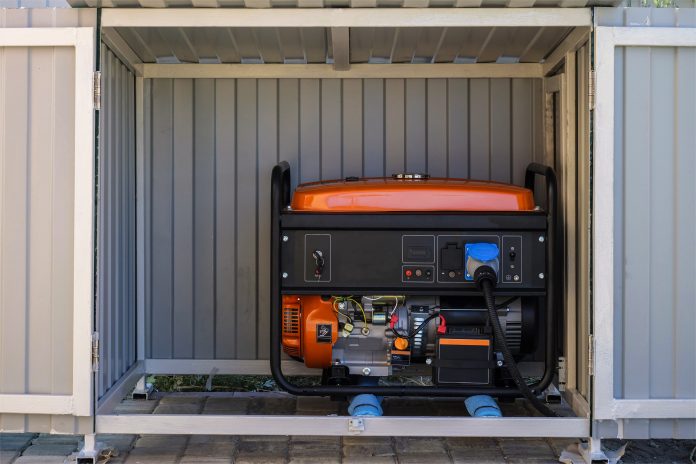Every year, the global market for portable generators is worth several billi on dollars. And the market is only continuing to grow! On top of that, many people use generators that are not portable, especially for their homes.
Home generators are an extremely important tool. When all other sources of power fail, you can always rely on your generator to provide your family with essential needs. But how do home generators work?
The better you understand how a home generator works, the better the chance that you will be able to repair it. Or, if you need to call an expert, you will be able to figure out that quickly. Knowing a little bit about how home generators work will help you and any expert technicians be able to come to an accord about how to fix your generator and at what rate.
Read on to learn all about how home generators work!
How Do Home Generators Work?
Basically, a home generator is an engine, just like in a car. It holds fuel like gasoline, which it burns in order to create an explosive expansion of volume. This expansion of volume is achieved by taking a liquid with a lot of energy in it and igniting it so that it turns into a gas.
Just like in a car engine, a generator has an engine that uses the expansion of burning gasoline to drive a series of cylinders and turn a piece of metal in a circle at extremely fast speeds.
But how does any of this produce electricity, you might ask. When a magnetic field is rotated at high speeds, it pushes electrons through it in a certain direction. By placing magnets onto the turning piece of metal in the generator, you can create a rotating magnetic field.
Wires are then run through that rotating magnetic field. When the rotating magnetic field moves extremely quickly, it drives electrical energy through those wires. Those wires are then hooked up to the electrical system of your house to provide you with power.
Automatic Transferring
Some generators also come with systems so that they turn on automatically when other sources of power fail. A controller in your generator monitors the voltage coming in through a special switch.
When that switch no longer has power running through it, the controller starts a counter. When that counter reaches between ten and twenty seconds, it ignites the engine in your generator.
The more you understand about residential generators, the more you understand the complexity of generator technology. Generators for homes can develop all kinds of problems and all kinds of different types of generators can be extremely difficult to repair without expert assistance.
Follow this link to learn more about generator repair and why it might be a good choice for you!
Understand Your Home Generator Better
We hope that you are able to learn something helpful about how do home generators working this brief article. The better you understand the machines that your home relies on, the more prepared you will be to handle problems when they come up in the future.
To keep up-to-date on the latest information in business, technology, and more, have a look through our other articles!










